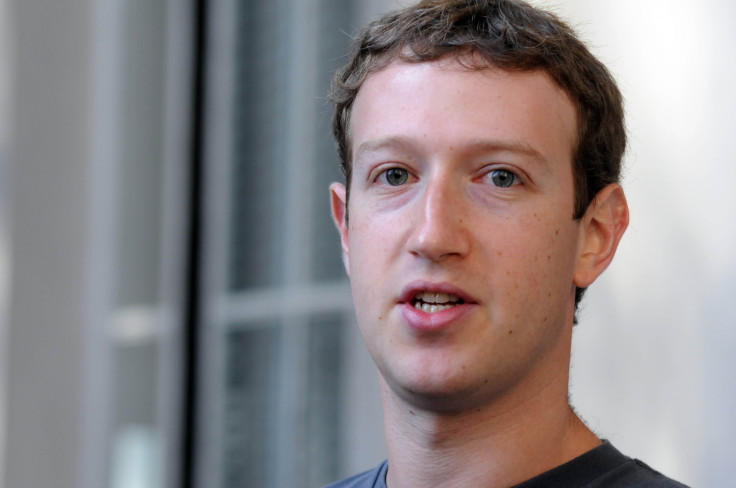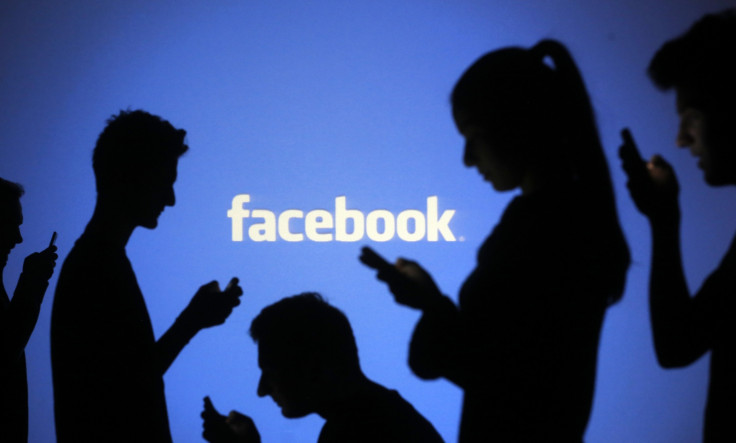Your Facebook news feed is about to drastically change: Here's how
There will soon be fewer posts from brands, pages and media companies.
Facebook is changing what its users will see to highlight posts users are most likely to engage with and make time spent on social media more "meaningful."
By cutting back on items that Facebook users tend to passively consume, the change could hurt news organisations and other businesses that rely on Facebook to share their content.
The idea is to help users to connect with people they care about, not make them feel depressed and isolated.
"The research shows that when we use social media to connect with people we care about, it can be good for our well-being," Facebook CEO Mark Zuckerberg wrote in a post Thursday (11 January).
"We can feel more connected and less lonely, and that correlates with long term measures of happiness and health. On the other hand, passively reading articles or watching videos - even if they're entertaining or informative - may not be as good."
There will be fewer posts from brands, pages and media companies and more from people. There will be fewer videos, which Facebook considers "passive." People will likely spend less time on Facebook as a result, the company says. That's because even if people read such content on Facebook, they don't necessarily comment or interact with it in other ways.
The move to highlight posts that Facebook considers "meaningful" and reduce the emphasis on others could shrink the social media giant's role as a major news source for many people.
"It's in the same direction that Facebook has been pursuing for a while: offering a place for discussion among individuals, a community space, rather than being a news source," said Oh Se-uk, a senior researcher on digital news at the Korea Press Foundation.
"It wants people who have been friends to become even closer, to have deeper discussions (on Facebook). Traffic to news media's websites via Facebook will likely fall," he said.
The move will not affect advertisements — users will continue to see the same ads they have before, "meaningful" or not. But businesses that use Facebook to connect with their customers without paying for ads will also feel the pain.
Facebook has long been criticised for creating "filter bubbles," the echo chambers of friends and like-minded people whose views are reinforced by their friends' posts on the platform.

The company says that's similar to how people make friends and interact with each other offline. Facebook says its research shows that users are exposed to more divergent views on its platform than they would be otherwise.
This is difficult to verify independently since the company is cautious about providing data to outsiders.
Oh, the researcher at Korea Press Foundation, said it was too early to say whether the latest measure would reinforce Facebook's "filter bubble" effect or not. "We won't know until we see what happens."
The changes come after a tough year for Facebook that included congressional hearings on how Russia used it to influence the 2016 US elections.
Former executives and Facebook investors have spoken out about how it and other social media sites might be hurting rather than helping society and users' psyches.
Last week, Zuckerberg said his "personal challenge" for 2018 (something he's done every year since 2009), will be to fix Facebook. "Facebook has a lot of work to do — whether it's protecting our community from abuse and hate, defending against interference by nation states, or making sure that time spent on Facebook is time well spent," he wrote.
He said it wasn't possible to prevent all mistakes or abuses, but that Facebook was making too many errors in enforcing its policies and preventing misuse.






















